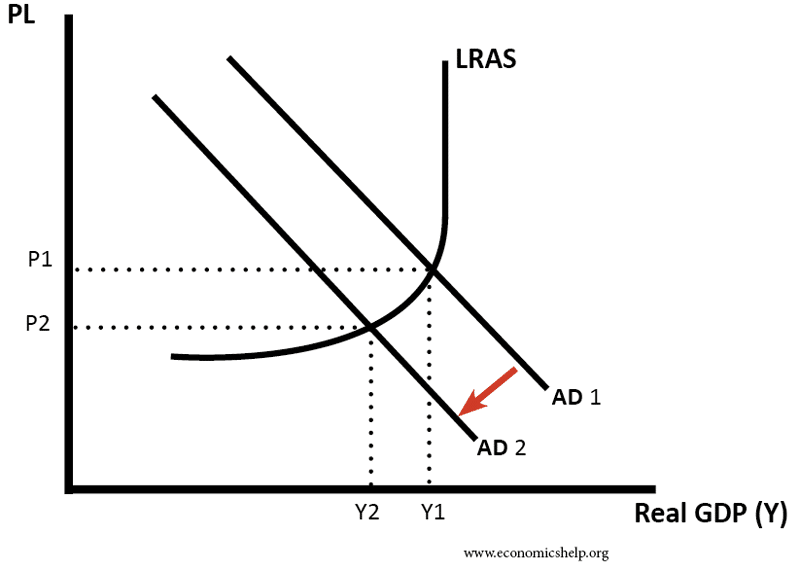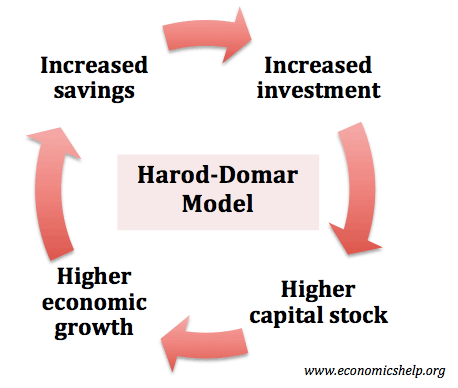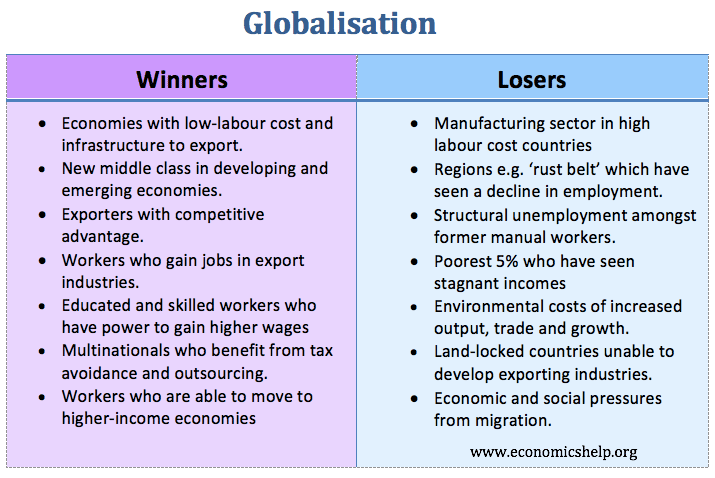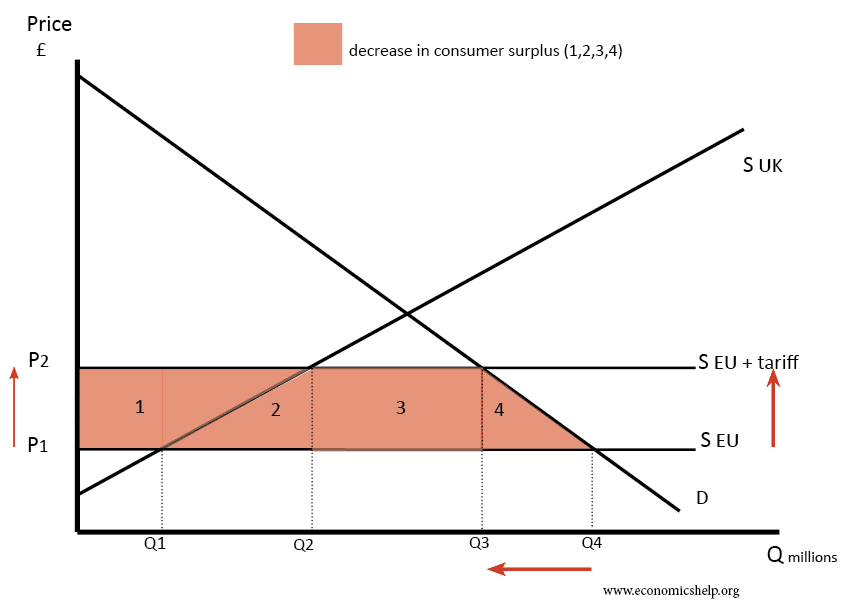What could cause the next recession?
A recession is a period of negative economic growth – a fall in output accompanied by rising unemployment. Recessions tend to occur in cycles of 8-10 years, though there is no hard and fast rule. Attempting to predict a recession by the number of years is not guaranteed to work. Recessions in UK Source: ONS …




